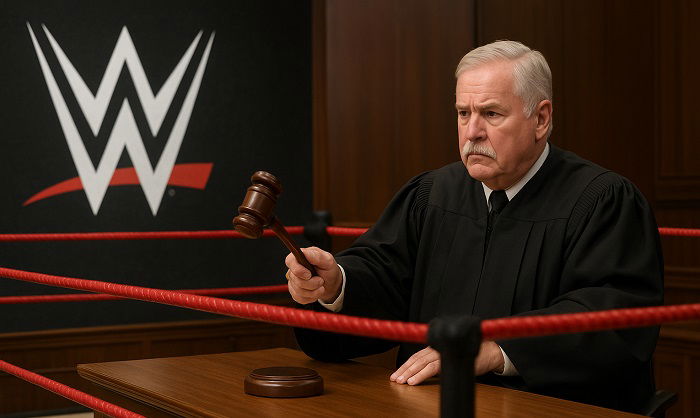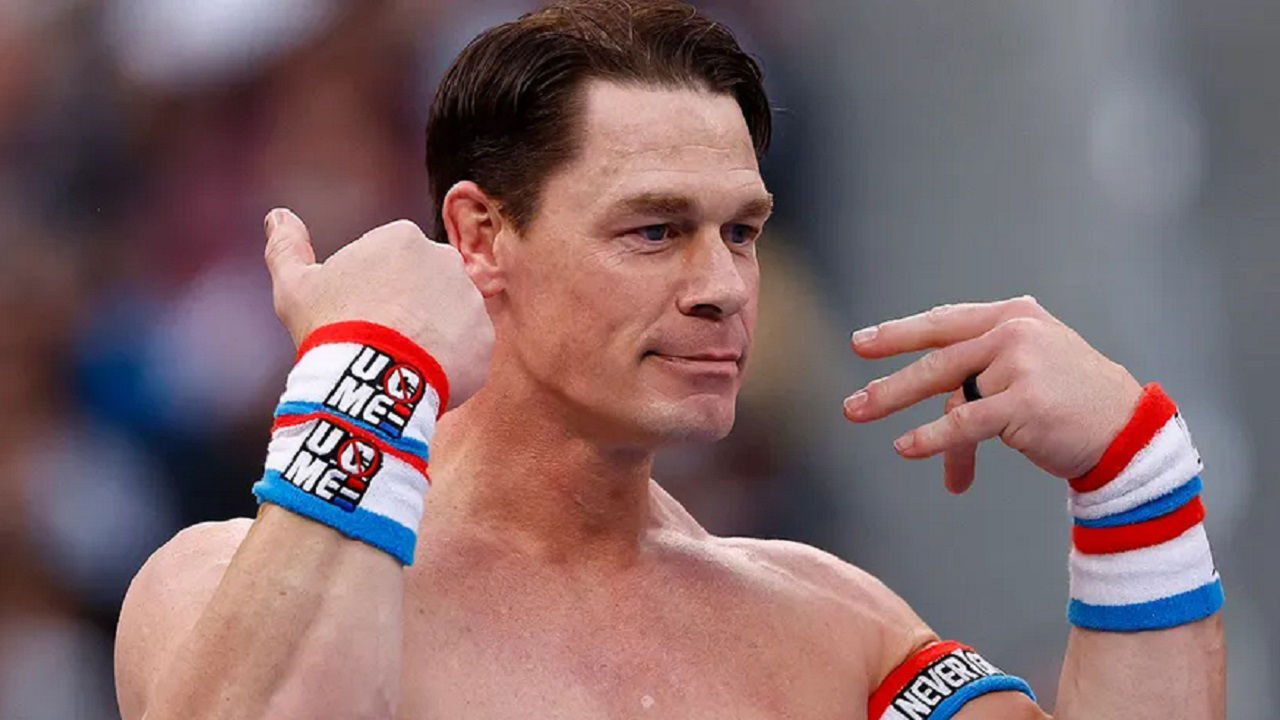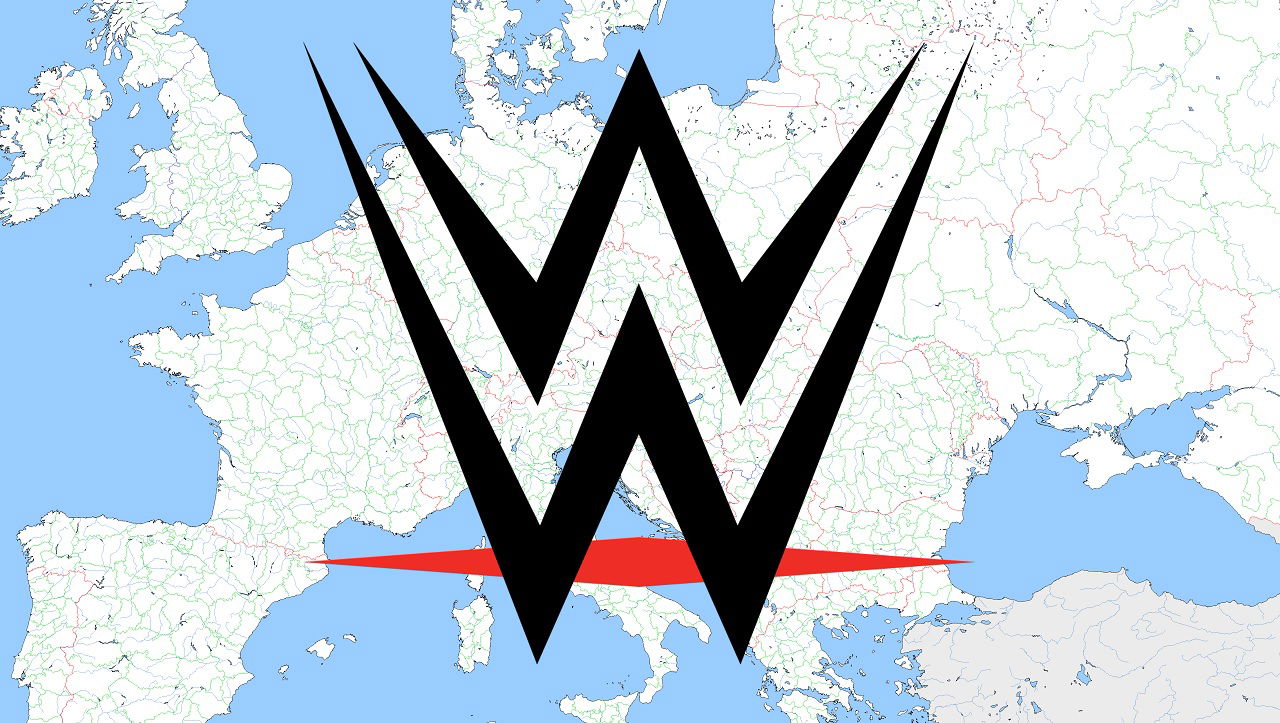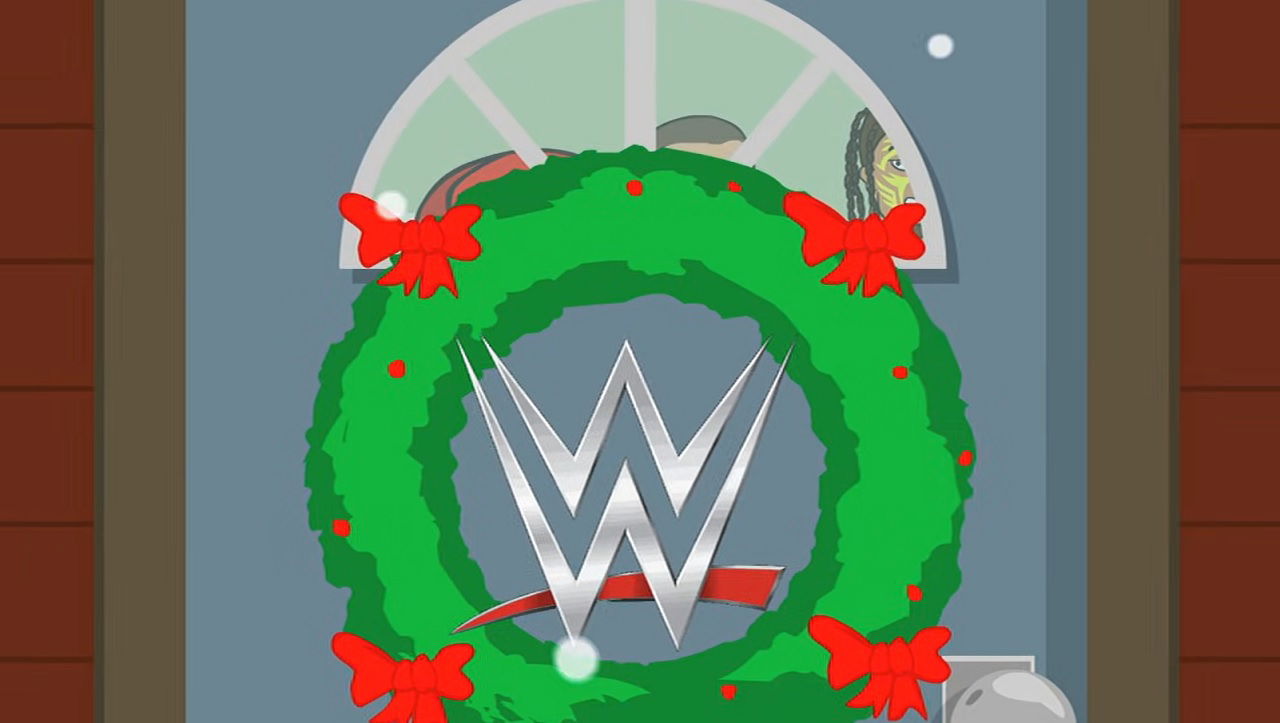The Smart Choice and The Right Choice are One and the Same
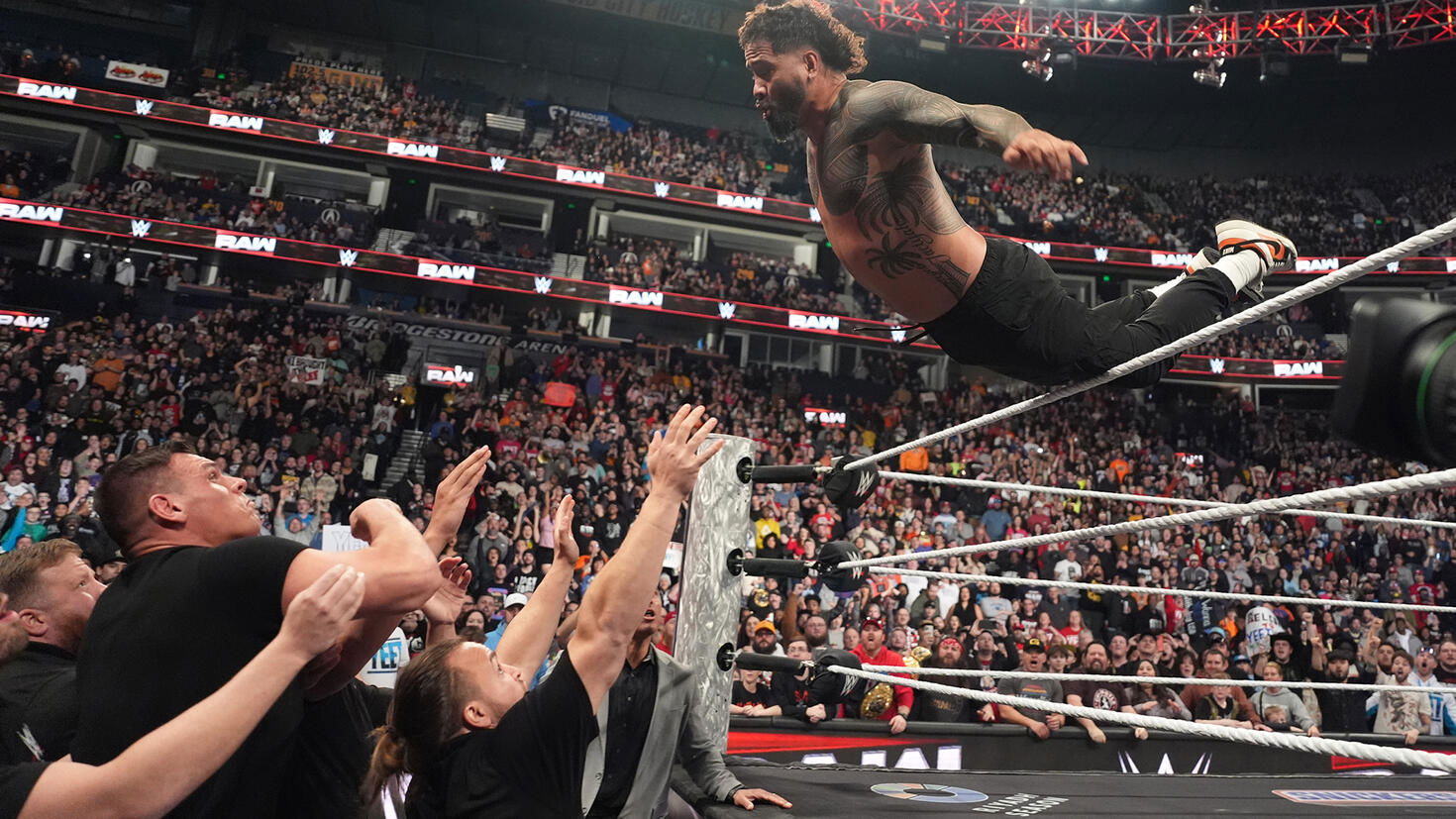
Well… I got one Rumble prediction right.
Considering the obviousness of the outcome of the women’s Rumble that really isn’t saying much.
Ultimately it wasn’t CM Punk, Seth Rollins or Roman Reigns, none of which could get out of their own way. Drew McIntyre came up short, and in the end one person saw John Cena just long enough to eliminate him from contention.
You could have made a definitive argument for any one of those five men to be in a main event slot at WrestleMania, and none of them would have been the wrong choice. Each of them would have been a smart choice.
Envision any of them opposite Cody Rhodes or Gunther and the WrestleMania program they could build would have been worthwhile with a satisfactory payoff. The promos, the segments, and the matchup itself all would have been fresh enough. Those would have all been good decisions to lean into.
However, that wouldn’t have necessarily made them the right choice by default.
What each of those five men have in common is that they are all former world champions with about 39 world championships between them (across WWE, ECW, ROH and AEW). Each of them has the experience to carry a program with either champion; each would have been worth investing in emotionally. Considering those options, you could also make another equally fair assessment of their value — they would all result in middling emotional stakes.
Roman could reign once again. Rollins could return to the mountaintop. McIntyre could finally get his moment (again), and Punk could prove whether or not he still is the “Best in the World.” Above and beyond those, Cena could clinch his record-breaking 17th world championship. Those could all happen, and they would be good choices. None of them would be wrong, but none of them would necessarily be the right one. Where the women’s Rumble went with the obvious choice, the choice to win the men’s Rumble was bolder.
When it comes to events and stakes like those used with the Royal Rumble, Elimination Chamber or Money in the Bank, I am of the mind that they should be used to elevate talent that isn’t already where they need to be. That is also not exclusive to stars or new talent typically on the outside looking in. The key aspect in understanding a choice is asking “can this be impactful”, what is the reason behind the choice, do they need it and what do you expect the outcome to be?
The choices and deliberation that have to go into deciding who should win a Rumble or a Chamber match can never be easy, nor can it be to decide who should carry the Money in the Bank briefcase for potentially a full year. That being said, sometimes that choice is easy. Sometimes that decision is staring you in the face and waving heartily at you, and too often in hindsight the right decision wasn’t made. It can be that inherently organic and equally easy to ignore.
That’s what faces us when we discuss Jey Uso’s Rumble win, and ultimately how that win plays out now that we know that Gunther will be his opponent at WrestleMania. As this won’t be the first time they’ve met in singles action with a title on the line, how they present the contest matters. In their previous three outings for the Intercontinental and World Heavyweight championships Gunther successfully defended his titles decisively.
Most recently Uso and Gunther met at Saturday Night’s Main Event on Jan. 25 where Gunther turned Jey aside in their third meeting. So the question we have to ask here is whether or not a fourth singles match for a championship in 12 months is something we want. Conventional wisdom would say no, and if you put any value in Cage Match ratings, the site’s users have rated their matches 8.03/10, 7.17/10 and 6.83/10 in that order. There is a diminishing sense of value in seeing them grapple, especially with how Gunther is booked so strongly overall.
So what’s the point here?
Well, first there’s no denying Uso is over as hell right now. You might generally disagree, you might say he can’t carry a singles feud, and that might frankly be true. The truth is also very much the case that WWE is not AEW and wrestling itself less of their focus. Uso is good, but he doesn’t need to be Will Ospreay. Nor could he ever be. Instead the true value of his presence in any main event is that over the last two or three years he has established a natural connection to wrestling fans that you can’t ignore or quantify in something like a Cage Match rating. It doesn’t matter whether or not he’s an athletic stud, or proclaims himself a GOAT of pro wrestling’s pantheon, but what he can do is get people off their feet in unison, cheer loudly, and above all care about his story to prove he belongs. That he refuses to die makes it that much easier for fans to get behind him.
Those are all the qualities you’d want in a challenger to someone who is indomitable. Uso might win, or he could lose again. It won’t be pretty, and will definitely, probably, maybe be a massacre. Gunther should beat Jey to a pulp, and it also probably won’t last that long. He should dominate him and chop his chest until his nipples poke through his back. We have no reason to expect him to win, and yet we’re going to watch anyway, aren’t we?
Why?
It’s because we like a good underdog story. Fans might disagree on what that entails or even how it’s told, but the beginning, middle and end of stories like Foley or Bryan Danielson’s hook people because of that relatability to the most foundational principles of commonality. We expect nothing of them, but even still we rally and hope despite the likelihood of failure. Deep down we knew The Rock should beat Foley. Deep down we knew Danielson, against all odds, should lose to Randy Orton or Bautista. Or even more recently, we knew Danielson should lose to someone as depraved as Swerve Strickland. And yet, they fought. That’s the point where they hook us with the simplest bait.
Those stories inspire us. They are normal people eating a bag of chips, or practicing veganism while rolling a new BJJ technique. And maybe they just wave their arms up and down like morons and repeat “Yeet” 97 times in two minutes. I might think it’s dumb. You might think it’s dumb. Someone who hasn’t read this paragraph might think it’s great, and it goes without saying that the people in most arenas we see him enter into stand up and don’t sit down until the bell rings. Those experiences are more powerful than a rating, TV viewership or any one person’s interpretation of what works between the ropes.
It isn’t that simple.
While our brains tell us how this match should go, if done right it too can also be one of those great underdog moments at WrestleMania. It can be something we remember where other matches might be underwhelming, anti-climactic or outright dull and boring. It can do that one thing that always gets us for a moment — that instance where you forget it’s all pre-determined and you suspend disbelief just long enough to emotionally invest in the story. It’s like Foley and Danielson. It’s like Hirooki Goto, who just a few days ago won the IWGP title in NJPW to honour his late father. Against the odds they stand up and fight, because the idea represents something intangible that can’t be manufactured. The slogans might get people standing, but the story is what keeps people invested. Whether it’s a “Yes!”, “Yeet” or a “Bang-Bang”, the initial engagement only puts people’s foot in the door.
It’s very possible Gunther “Yeets” Jey into the first row across every barricade around the ring at WrestleMania. We have no reason to think that won’t be the case. But suppose for a moment Uso catches him with a superkick or two and sends him stumbling. Suppose for a moment Gunther bounces off the ropes and gets caught by a spear. Suppose once more that Uso climbs the top turnbuckle and prepares to pounce as he stares down at the world champion.
What then? (Yeet!)

